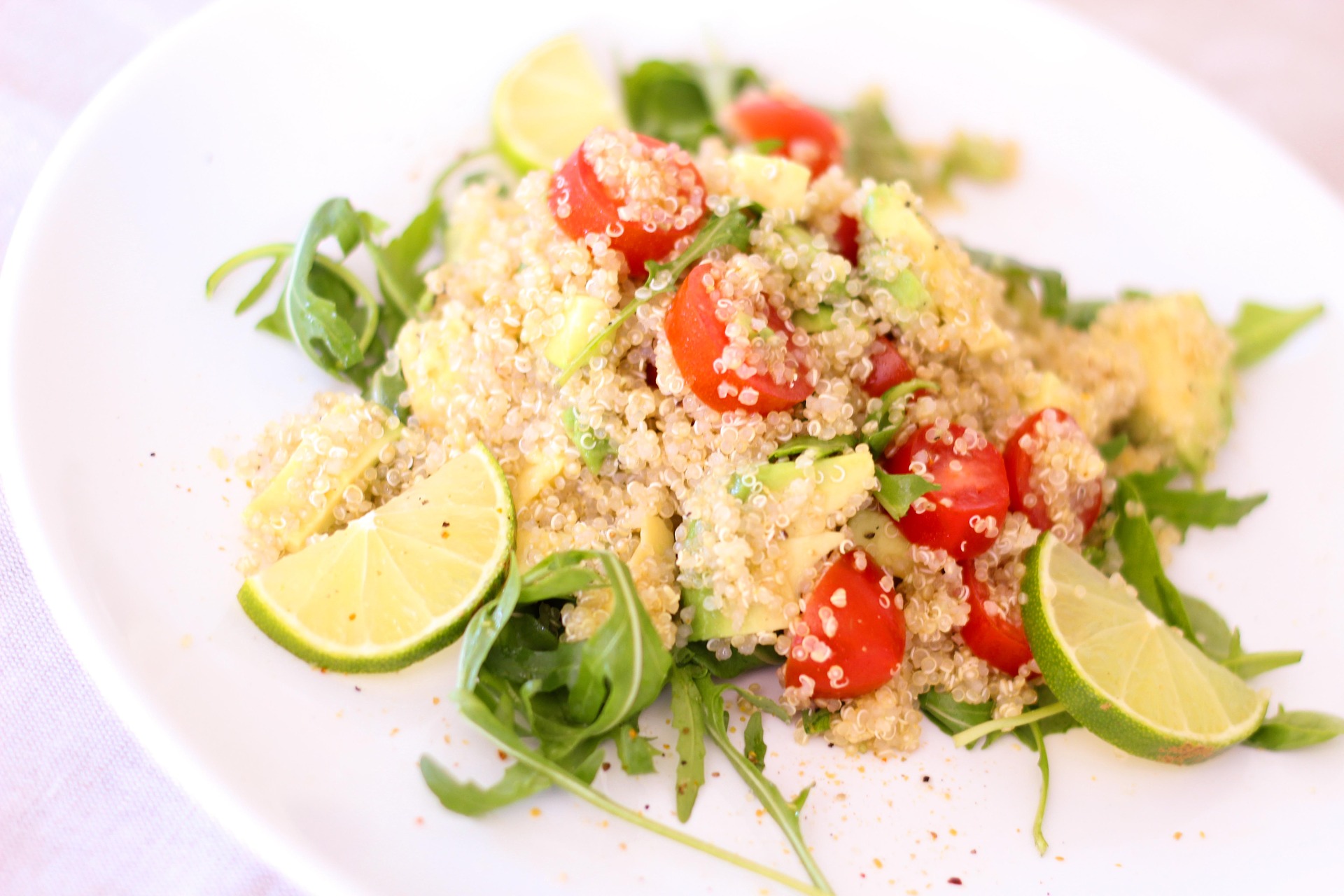Did you know that you can get protein from plant-based sources?
Many people believe that it is only possible to get enough protein through eating animal proteins such as meat and dairy. This is false. It is definitely possible to consume enough protein through plant sources, but it takes a lot more planning.
But first, what exactly is a protein?
Proteins are macronutrients or large molecules that play a role in cell development and repair. You can find protein everywhere in the body. It’s in our hair, nails, bone, skin, etc. Hence, that’s why it’s important to make sure you consume enough.
Protein requirements are based on age, gender and weight and lifestyle. For a sedentary adult, it’s recommended to get 0.8 grams of protein per kilogram bodyweight (or 0.364 grams per pound of bodyweight). Those who are more active will require more protein depending on their activity level.
Why include more plant-based protein in our diets?
Certain meats such as red meat and processed meat have been linked to increased risk of colon cancer, heart disease, and diabetes. Cutting down on red and processed meats and replacing them with plant proteins can help to reduce risk of those diseases.
Plant proteins have been linked to many health benefits such as lower cholesterol, lower blood pressure, lower risk of constipation and diverticulitis, lower risk of heart disease, and lower risk of type 2 diabetes. Plant proteins can also reduce strain on the kidneys, which may be beneficial for those with kidney problems. In addition, plant proteins can help prevent excess weight gain. This is likely due to the fiber that usually accompanies plant protein.
There are many other benefits to eating more plants in general. Not only do they contribute to a decreased risk for certain health problems, they also provide an abundance of nutrients to your body such as vitamin A, C, potassium, folate, and dietary fiber. We could go on for pages and pages about all the benefits of plant proteins, but let’s jump into how to include more plant-based proteins in your diet.
How to include more plant-based proteins in your diet
Luckily, there are plenty of meat alternatives such as soy that can satisfy your daily needs. For example, even the good old classic PB&J has up to 17 grams of protein if you use 2 tablespoons of peanut butter and use whole grain bread like Dave’s Killer Bread.
Here are some meat alternatives to try out!
- Rice with Beans
Swap out the meat for beans in a taco bowl! Make 1 cup of white/brown rice and 1 cup of beans to get about 20 grams of protein. Beans are considered high-quality proteins that are also packed with a ton of fiber!
- Lentils
Lentils contain a little over 8-9 grams of protein per ½ cup. Cook and then sautee with taco seasoning as you would cook taco meat. You can also add these to soups, salads, and tacos.
- Soy
Soy can be found in many forms: soy milk, edamame (immature soy beans), dried soy nuts, tempeh, tofu, and more! There are a plethora of ways to cook each of these products or even just snack on them raw (edamame or soy nuts).
- Seitan
This may not sound like something you should eat, but it’s actually a dense source of protein. Only ⅓ cup has about 22 grams of protein. Try air-frying in strips and serving on a bun like a burger. It’s made out of wheat gluten, so if you’re following a gluten-free diet, you’ll want to avoid this one.
- Quinoa
Quinoa is a great protein source! Cooked quinoa contains about 8 grams of protein per cup. You can use quinoa instead of rice in most recipes. You could also add it to a smoothie, use quinoa instead of oats to make hot cereal (top with cinnamon, fresh fruit and nuts), and/or add it to salads.
- Nuts
An ounce of nuts has around 7-8 grams of protein. They make a great snack or salad topper. Try mixing nuts with dried fruit to make a trail mix or adding the nuts to a stir-fry.
A healthy diet is part of a healthy lifestyle
Plant-based protein sources are also great sources of lots of other important nutrients, so we recommend swapping some of the usual meats out for plant proteins here and there. If you’re having meat every night of the week, start small by making one meal per night vegetarian. It will get much easier as you figure out which plant proteins that you like. Not only will consuming more plant-based protein offer many health benefits, it will also expand your palate to include a larger variety of tasty foods!
Need help getting more protein into your diet or determining the best nutrition plan for you? Schedule an appointment with one of our Registered Dietitians and we’ll be happy to help!








